Medications have the power to heal or hurt, depending on how you manage them.
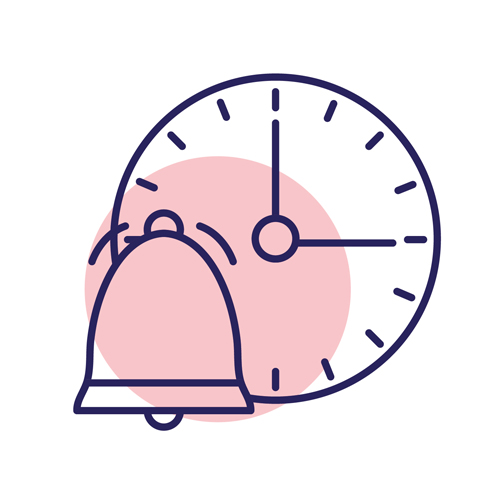
The right medications are powerful ways to regain that control. However, medications, when poorly managed, can also lead to addiction, adverse side effects, and negative outcomes.
In our guide to psychiatric medication management, we’ll walk you through identifying potential medication pitfalls and how to prevent adverse outcomes so you can regain the joy and quality in your life again.
What Is Psychiatric Medication And Why Is Managing It Important?
Psychiatric medications treat mental health disorders, allowing patients to regain a quality of life and experience freedom from symptoms.
Most psychiatric medications work best alongside other therapies and treatments. For example, psychotherapy and brain stimulation therapy are both common mental health treatments you might receive.
Psychiatric medication management means carefully monitoring prescriptions and adjusting your medications to ensure you receive the right amount for treating your condition without risking too many negative side effects.
Because medication behaves differently for each person, your response to a new medication is slightly unpredictable. Carefully managing your medications allows you to adjust or switch medications as needed.
By carefully managing your psychiatric medications, you can enjoy symptom remission, prevent relapse, and promote long-term recovery.
Common Disorders You Can Treat With Psychiatric Medication
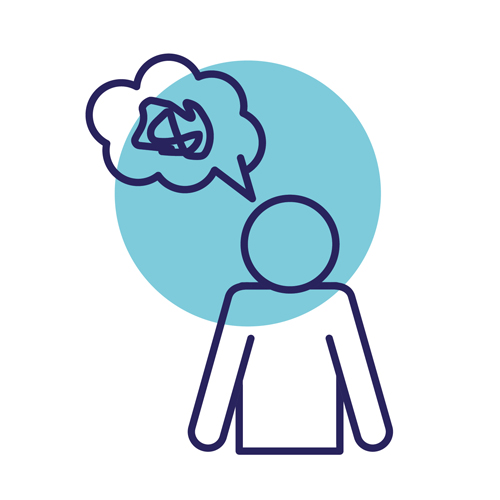
Here are a few of the most common disorders you might use psychiatric medication to treat:
Depression
Anxiety
Bipolar disorder
Schizophrenia
Attention-deficit/hyperactivity disorder (ADHD)
6 Types of Psychiatric Medications

Psychiatric medications cover a broad spectrum of drugs and treatments that address mental health concerns. Finding the best treatment requires a medical diagnosis.
Here is a list of psychiatric medications your doctor may prescribe you.
1. Antidepressants
Antidepressants treat depression by addressing how your mind uses chemicals to impact your mood and stress. You might also use antidepressants for anxiety, insomnia, and chronic pain.
Here are the most common types of antidepressants:
- Selective Serotonin Reuptake Inhibitors (SSRIs): These medications, such as fluoxetine (Prozac) and sertraline (Zoloft), work by increasing the levels of serotonin in the brain, which can alleviate symptoms of depression and anxiety disorders.
- Serotonin-Norepinephrine Reuptake Inhibitors (SNRIs): Drugs like venlafaxine (Effexor) and duloxetine (Cymbalta) target both serotonin and norepinephrine, offering relief for depression and certain anxiety disorders.
2. Antipsychotics
Antipsychotics help patients who struggle with psychosis or a condition that impacts their perception of reality. Here are two types of antipsychotics:
- Typical Antipsychotics: These medications, such as haloperidol (Haldol) and chlorpromazine (Thorazine), primarily block dopamine receptors in the brain, helping to manage symptoms of psychosis, including hallucinations and delusions.
- Atypical Antipsychotics: Atypical antipsychotics include medications like risperidone (Risperdal) and olanzapine (Zyprexa). These drugs also affect serotonin and other neurotransmitters. They typically have fewer side effects than Typical Antipsychotics.
3. Mood Stabilizers
Mood stabilizers treat bipolar disorders. Here are four FDA-approved options:
- Lithium: A cornerstone treatment for bipolar disorder, lithium helps stabilize mood by modulating neurotransmitter activity in the brain.
- Divalproex: This medication is effective in controlling manic episodes and preventing mood swings in bipolar disorder.
- Carbamazepine: Works well as monotherapy and combination therapy. Patients also use it for seizure disorders.
- Lamotrigine: This treatment is considered a maintenance therapy and works well for treating seizures.
4. Anti-Anxiety Medications
Anti-anxiety medications help relieve anxiety symptoms and work well alongside other therapies. Many anxiety medications are habit-forming and require careful management to ensure you only take the minimal amount and only when needed.
Here are two groups of common anti-anxiety medications:
- Benzodiazepines: Benzodiazepines are the most common anti-anxiety medications. Drugs like alprazolam (Xanax) and diazepam (Valium) act quickly to alleviate acute anxiety symptoms by reducing your neuron activity (which is responsible for triggering your fight or flight response).
- Buspar: Unlike benzodiazepines, Buspar works by binding to serotonin and dopamine receptors, offering relief from anxiety without the risk of dependence.
5. Stimulants
Stimulants speed up your body’s functions, increasing your focus by boosting the brain’s dopamine levels. Medical professionals usually prescribe them for Attention-Deficit/Hyperactivity Disorder (ADHD).
Some stimulants include:
- Amphetamines: These include Adderall and Dexedrine.
- Methylphenidate: This group includes Concerta and Ritalin.
6. Other Medications
There are many other psychiatric medications beyond the above psychiatric medication list. These include treatments such as:
- Sleep disorder medication like Zolpidem
- Ketamine for depression
- Psilocybin for depression
Before beginning a treatment plan, consult your health professional about the best medication for your mental health condition.
The Role of the Prescriber in Medication Management

Some of the roles a prescriber plays in medication management include:
- Conducting initial assessments and diagnoses to identify the best medication for your mental health disorder.
- Prescribing appropriate medications based on diagnosis and individual needs.
- Monitor for side effects and adjust dosages as needed.
- Providing long-term follow-up and medication reviews to ensure effectiveness and safety.
How to work with your prescriber
Maintaining open and transparent communication with your healthcare provider is essential for properly managing your psychiatric medications.
Your prescriber’s role is to create a plan, and your role is to follow the plan. That involves carefully reading all the information on your medication’s label such as dosage, warnings, and side effects.
If you do notice any side effects, please let your prescriber know. This may include distinct responses like rashes or nausea. But, it might be more subtle, such as a mood shift or feeling dependent on a medication. Letting your provider know when these symptoms appear helps them adjust and manage your prescription.
Understanding and Managing Side Effects and Outcomes
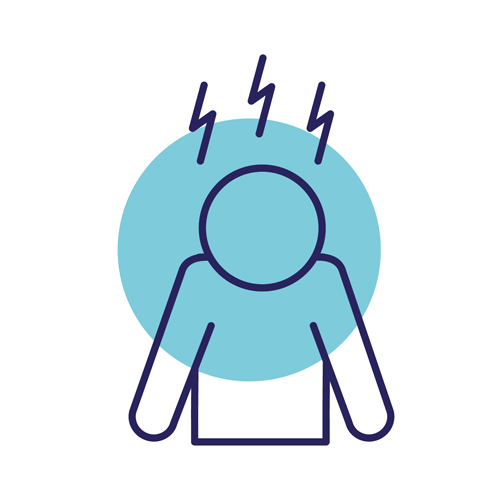
What should you do when side effects appear, and how can you avoid side effects in the first place?
Here are a few side effect management strategies to protect you when taking psychiatric medication:
- Learn about potential side effects by asking your provider questions, researching the medication, and reading the label.
- Take proactive steps to manage or minimize side effects based on your doctor’s recommendation.
- Keep up with your regular doctor visits and communicate any potential side effects you’re experiencing.
- Be sure to tell your doctor of any other medications or procedures you undergo, as it might impact your medication’s effectiveness.
- Avoid taking medications while also drinking alcohol or taking illicit drugs.
- Always ask your doctor before stopping or reducing medication dosage.
Common Side Effects of Psychiatric Medication
Side effects will occur, but knowing what to expect helps you better prepare and understand what’s causing the symptoms. Always tell your healthcare provider if you experience a side effect.
Let’s explore some of the most common psychiatric medication side effects:
Antidepressants: Drowsiness, insomnia, constipation, weight gain, tremors, dry mouth, sexual changes
Anti-Anxiety: Nausea, headaches, confusion, blurry vision, fatigue, nightmares
Stimulants: Insomnia, decreased appetite, weight loss
Antipsychotics: Drowsiness, increased appetite, weight gain, stomach issues
Mood stabilizers: Stomach issues, drowsiness, weight gain, dizziness, tremors, confusion, blurry vision
Risks of Side Effects and Negative Outcomes

Certain people are at greater risk of side effects than others. Your lifestyle and hereditary factors can impact how the medication works and whether you’ll achieve your desired results.
Here are some common risks and impacting factors:
- Taking multiple medications at once
- Not following proper medication dosage
- Allergies
- Preexisting diseases impacting how drugs function in your body
- Hereditary factors impacting how your body responds to drugs
Special Considerations
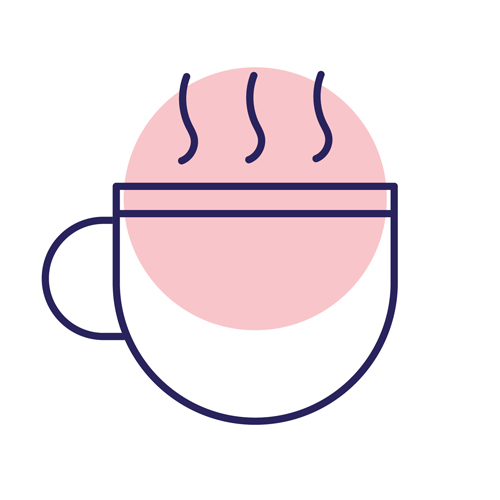
Not everyone should take psychiatric medications, especially if your circumstances make you more susceptible to adverse side effects. Here are three situations when you may want to thoroughly discuss your healthcare options before settling on psychiatric medications:
Elderly: Those who are advanced in age are also more susceptible to side effects. The body tends to have more health concerns, impacting how your medication interacts with your body.
Multiple Diagnosis: Many people have co-occurring disorders, such as anxiety and depression. While medication might treat one, it could also make the other worse depending on the medication. You and your healthcare provider should use extra caution when finding the best medication based on all your diagnoses, then continually adjust your diagnosis based on your reaction.
Addiction and Dependency: About half of people with a mental health disorder also develop a dependency or addiction. Because psychiatric medications are highly addictive, it’s crucial to follow dosage precisely and only take the medication when needed. It’s also important not to suddenly stop medication, especially if the body is already dependent on it as that can cause withdrawal symptoms.
Pregnancy and Breastfeeding: Not all FDA-approved medication is also safe for expecting and breastfeeding mothers. Ask your doctor about what extra precautions you may need to take and what medications to avoid.
Common Challenges with Sticking to a Medication Plan
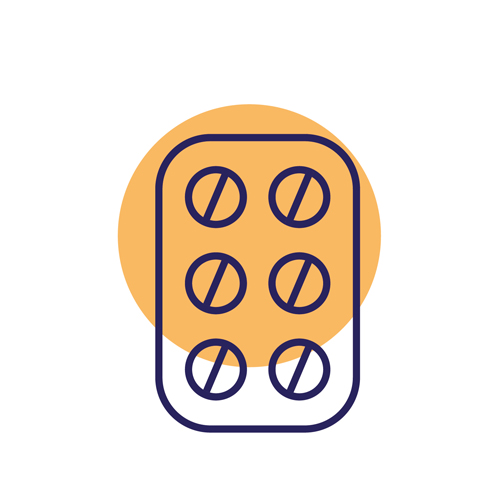
Adherence to prescribed medication regimens is crucial for treatment success. Yet, not everyone can stick to their plan.
Even if you face challenges with keeping up with your treatments, staying on top of your medications will benefit you. Careful psychiatric medication management increases the chances of a positive outcome while decreasing your chances of adverse side effects.
Some common challenges you may encounter include:
- Fear of negative outcomes
- Cost of medications
- Not fully understanding the medication dosage and plan
- Having too many medications to keep track of
- Not trusting the medication or provider
- Depression and lack of motivation to keep up with the plan
- No symptoms that give you a false sense of feeling better
How can you overcome these challenges and stick with your medication plan?
Here are a few tips to get you started:
- Be open with your medical provider about fears, uncertainties, and concerns.
- Ask many questions so you fully understand the dosage and side effects.
- Switch providers if you don’t feel like you can openly communicate with yours or you don’t trust them.
- Have an accountability partner who helps remind you and asks about your medications.
- Use pill organizers to manage multiple pills.
- Use apps and phone notifications to remind and motivate you to take your pills in the proper dosage.
Additional Treatment Options for Psychiatric Conditions

In many cases, medication management is complemented by other forms of outpatient treatment, such as psychotherapy or Transcranial Magnetic Stimulation (TMS). These options offer a holistic approach to mental health care.
An integrated treatment approach provides full body support and healing. It connects your medical needs to your underlying social and mental needs, healing body, mind, and soul.
For example, Pulse TMS offers treatment that works best alongside behavioral therapy and coping techniques like meditation. The combination can most effectively target current symptoms while also addressing root causes.
Regain Control of Your Mental Health Today
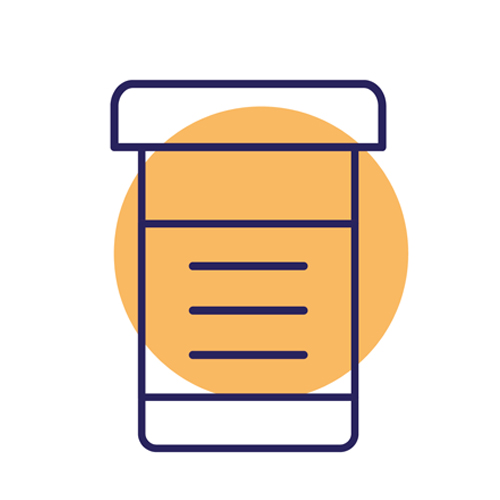
You are more than your mental health diagnosis. It should not have control over you. With the tools you need for psychiatric medication management, you’ll be able to regain that control again over your mental health, reducing side effects while improving your outcomes.
Are you ready to take an active role in your healing journey? It starts with an open and honest conversation with your health provider that will help you fully understand your treatment options, risks, and benefits.
OCD FAQ’s
What are the most common psychiatric medications?
The most common psychiatric medications are selective serotonin inhibitors (SSRIs). These are also known as antidepressants.
What are the most common side effects of mental health medications?
Drowsiness, weight fluctuations, and sleep issues are the most common side effects of all psychiatric medications.
What is the medication management process?
Medication management involves you and your healthcare team. It includes monitoring your health, adjusting and prescribing medications, and working toward the best possible outcomes.
Let's Discuss Treatment Options.



